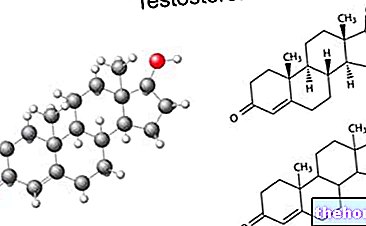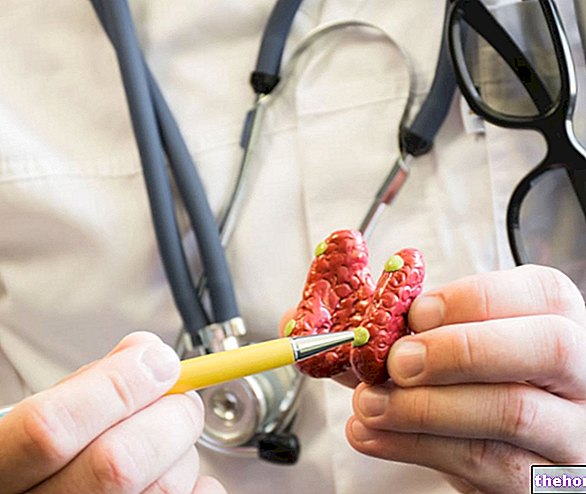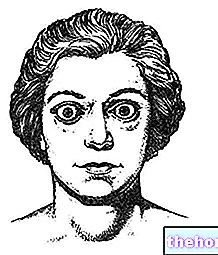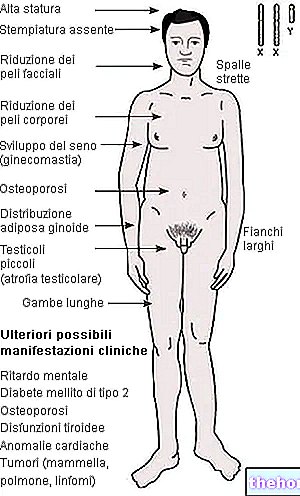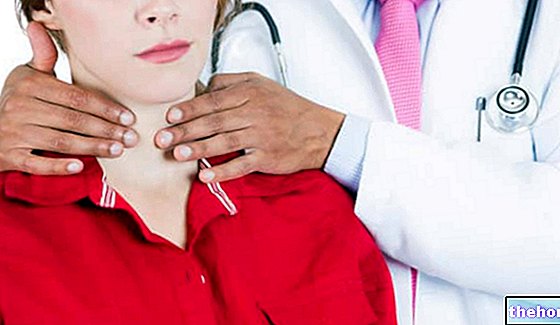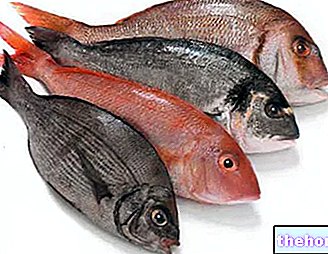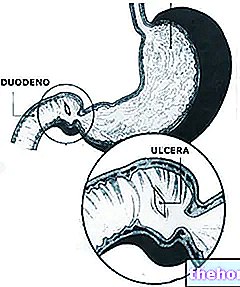The causes of hypothyroidism are numerous and very varied in nature. Consequently, the doctors decided to divide them into 4 broad categories, from which as many forms of hypothyroidism derive: primary hypothyroidism, secondary hypothyroidism, tertiary hypothyroidism and iatrogenic hypothyroidism.

Hypothyroidism produces different symptoms and signs, according to the severity and the age at which it appears: in the fetus and in young individuals, it mainly affects intellectual and somatic development; in adults, on the other hand, it is the cause of a less profound, but still important symptomatology, which generally consists of: dry skin, sparse hair, myxedematous facies, fatigue, cold skin, bradycardia, drowsiness, constipation, asthenia, intolerance to low temperatures, etc.
For a correct diagnosis, physical examination and blood quantification of TSH levels (pituitary hormone) and, sometimes, also of T3 and T4 (thyroid hormones) are essential.
The treatment of hypothyroidism is based on the recovery of the functional activity of the thyroid, through the daily intake of synthetic thyroxine (or synthetic T4).
Failure to treat hypothyroidism can have serious repercussions on the health of patients.

